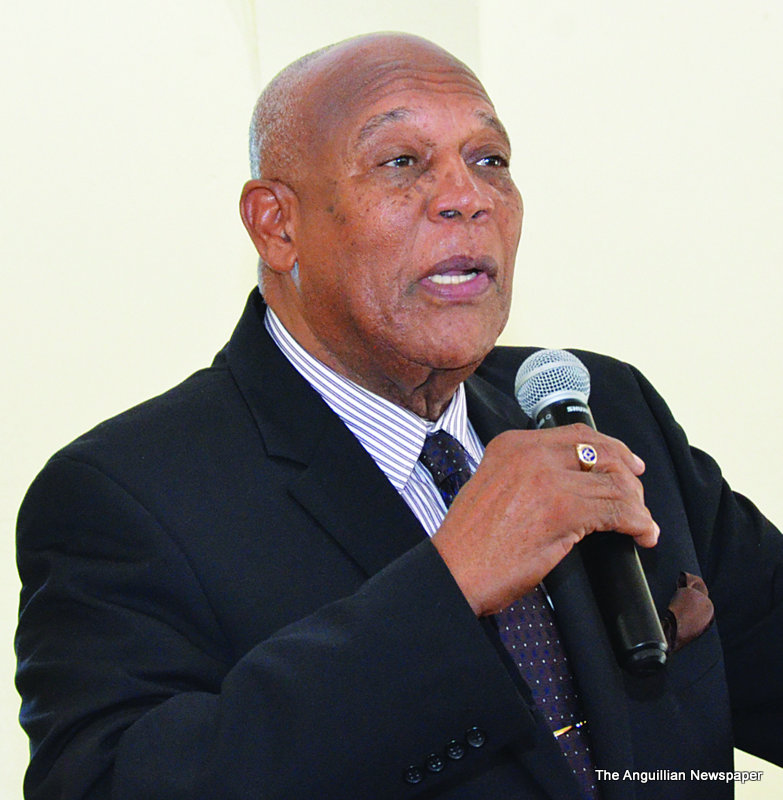https://www.bbc.co.uk/news/uk-46052502
The aftermath of Hurricane Irma, the worst hurricane on record to hit Anguilla, left a swathe of destruction, tinged with the realisation that the UK no longer had a free reign to use its own overseas development aid budget in a manner it thought fit. As one of the leading lights in global aid, the UK’s track record in supporting those in need abroad has been exemplary, albeit attracting criticism from some quarters in respect of the breath of the programmes embraced. It was therefore of little wonder when the British public sided with the Prime Minister, Theresa May, in questioning her government’s inability to meet the needs of the tens of thousands of British citizens in Anguilla, the British Virgin Islands and Turks and Caicos whose lives and livelihoods were devastated during the 2017 hurricane season and who were denied access to the UK’s £14 billion 2017 aid budget by the rules of the Organisation for Economic Cooperation and Development (OECD). This inter-governmental body, comprised of thirty-six member states, whose objective is to stimulate economic progress and world trade, acted with a swiftness seldom seen in an institution of this nature. The rule change will permit middle income nations, such as Anguilla, access to the UK’s aid budget when suffering unexpected economic decline as a result of a natural disaster.
Penny Mordaunt, the UK’s Secretary of State for International Development, continued the valuable work commenced by her predecessor, Priti Patel, in the UN in the immediate aftermath of the catastrophe. Mrs Cluff, the Government of Anguilla Representative to the UK and EU who accompanied Mrs Patel to the UN last year when she began lobbying for change on behalf of the British government and who had, herself, lobbied for change on behalf of Anguilla, said:
“It is clear that the change in policy announced by Penny Mordaunt today is a fundamental step change in the attitude of the OECD, and is one that is welcome, particularly as it will focus on long term recovery rather than immediate humanitarian assistance, which tends to be transient. This should enable those that suffer from events that challenge their economic stability to recover and build resilience to future, unavoidable events, such as hurricanes. Such a move is essential if the UK is to satisfy its obligations to meet the reasonable needs of its territories, and reflects the magnitude of global concern for small-island developing nations, such as Anguilla, that sit on the front line of climate change.”
For more information contact: Charlie Wheeler – Chargé d’Affaires (charlie.wheeler@govanguillaukeu.org)
– Press Release
(Published without editing by The Anguillian newspaper.)








